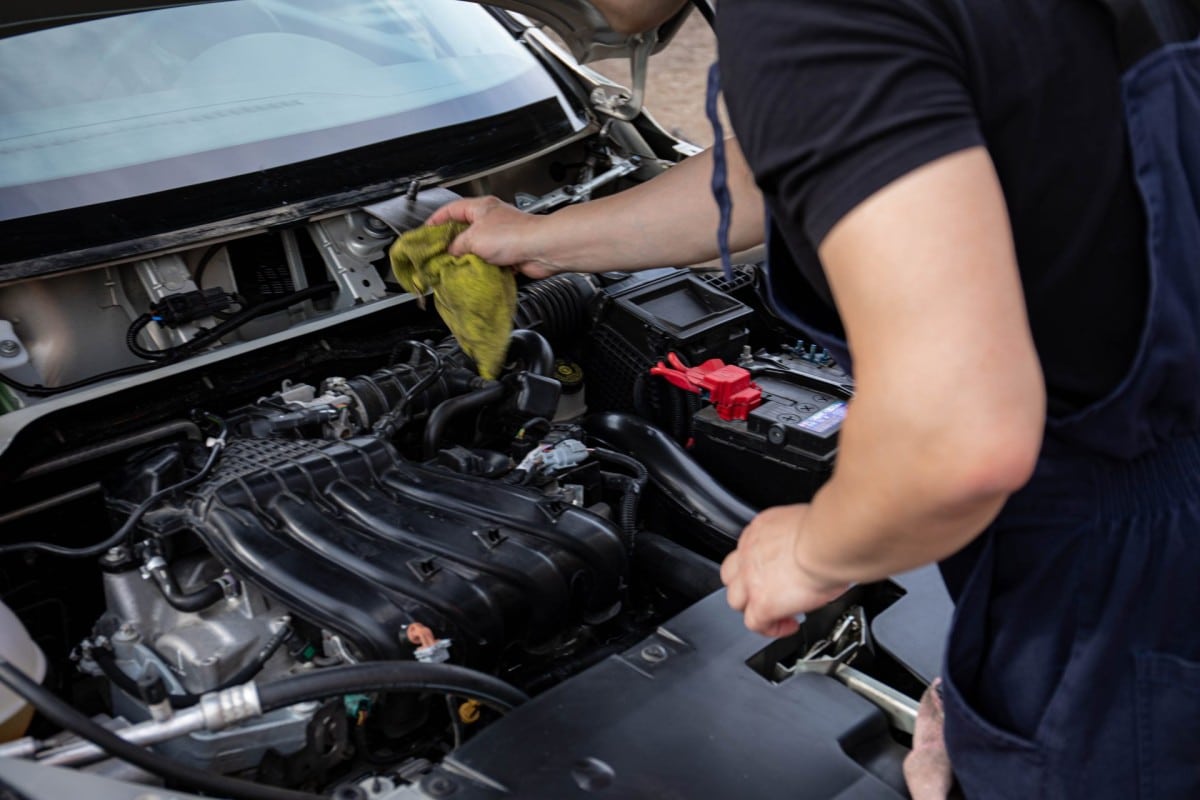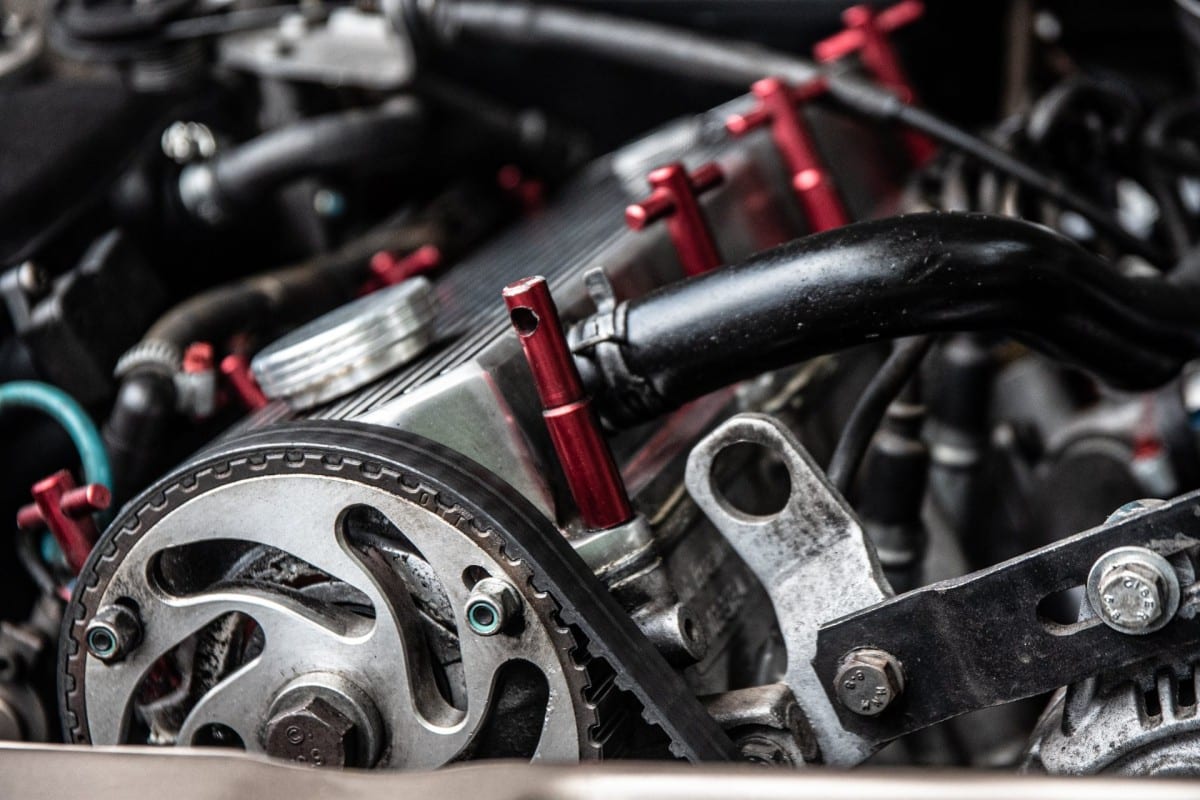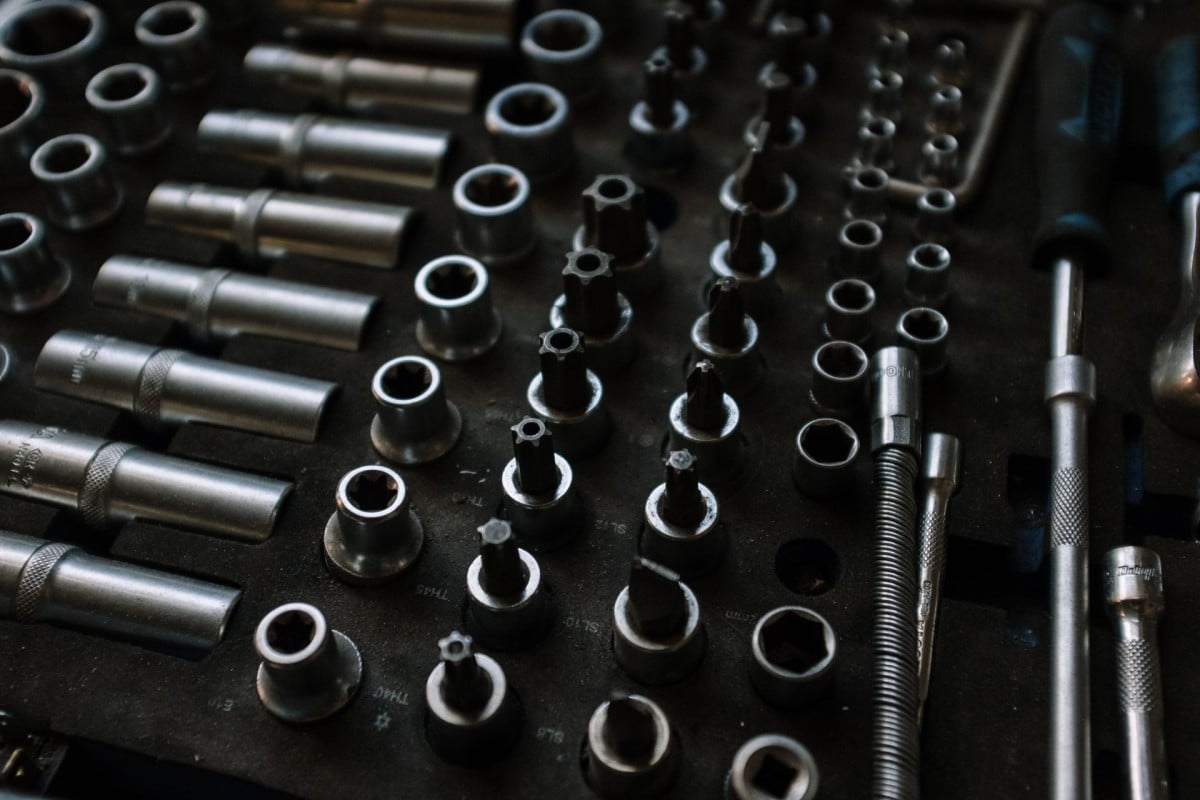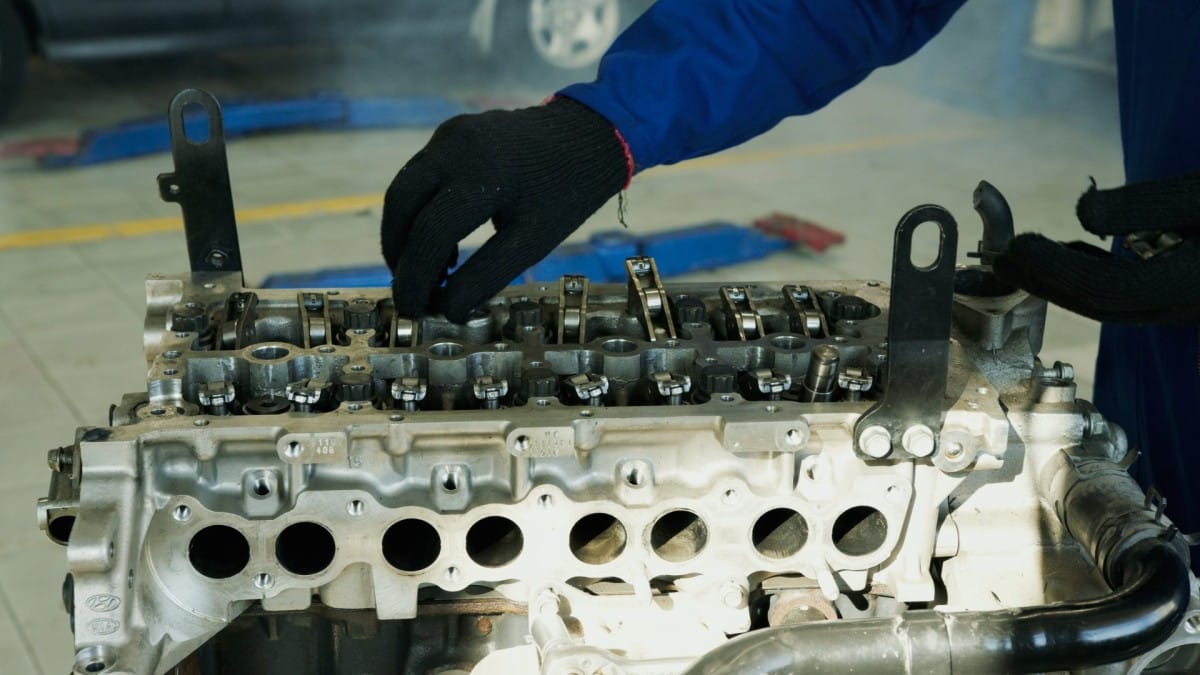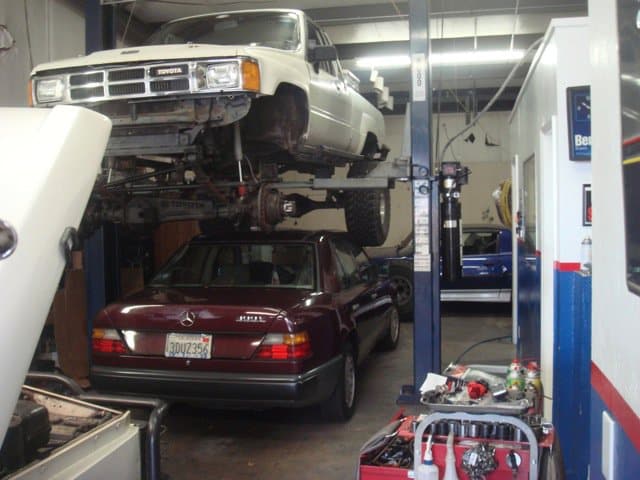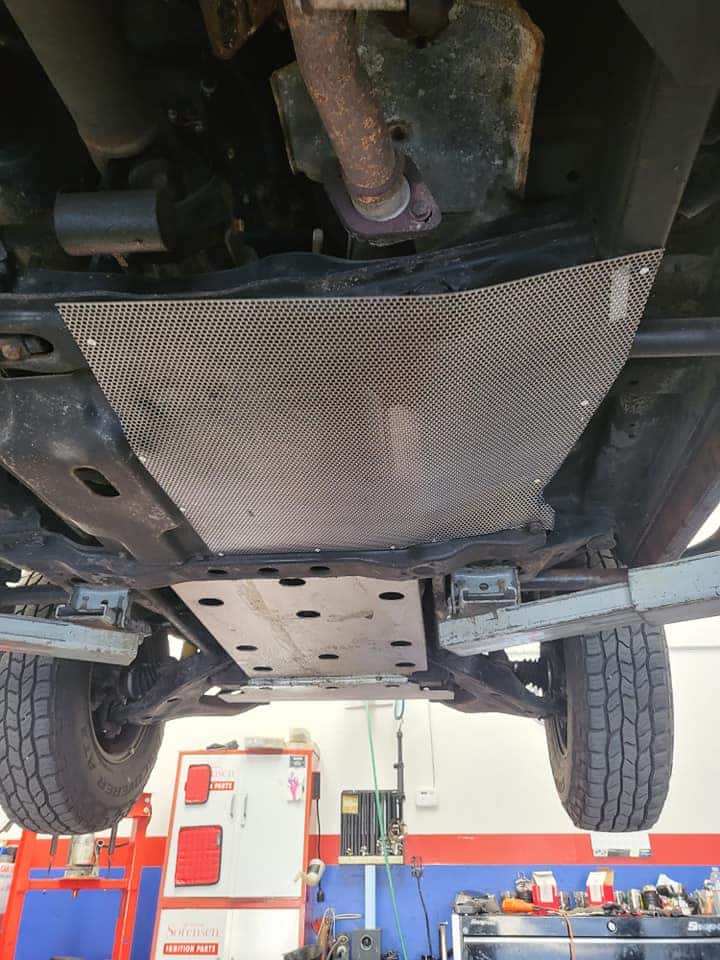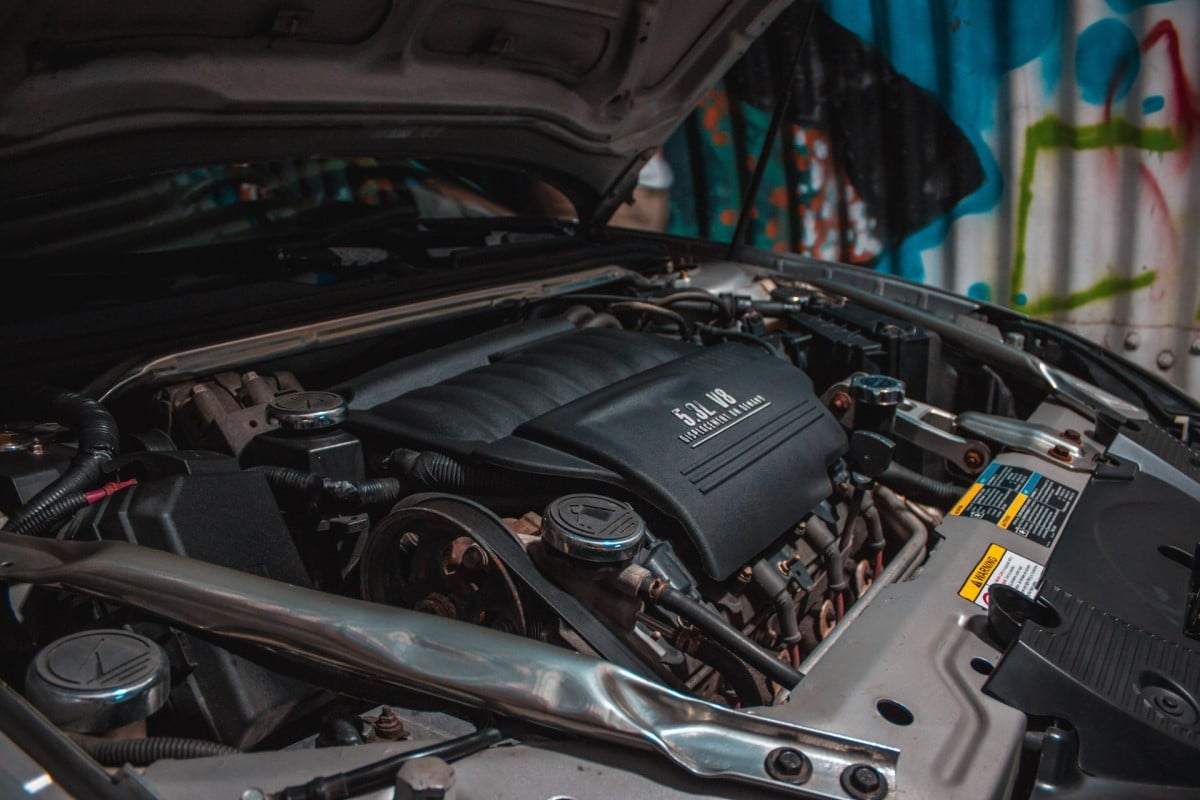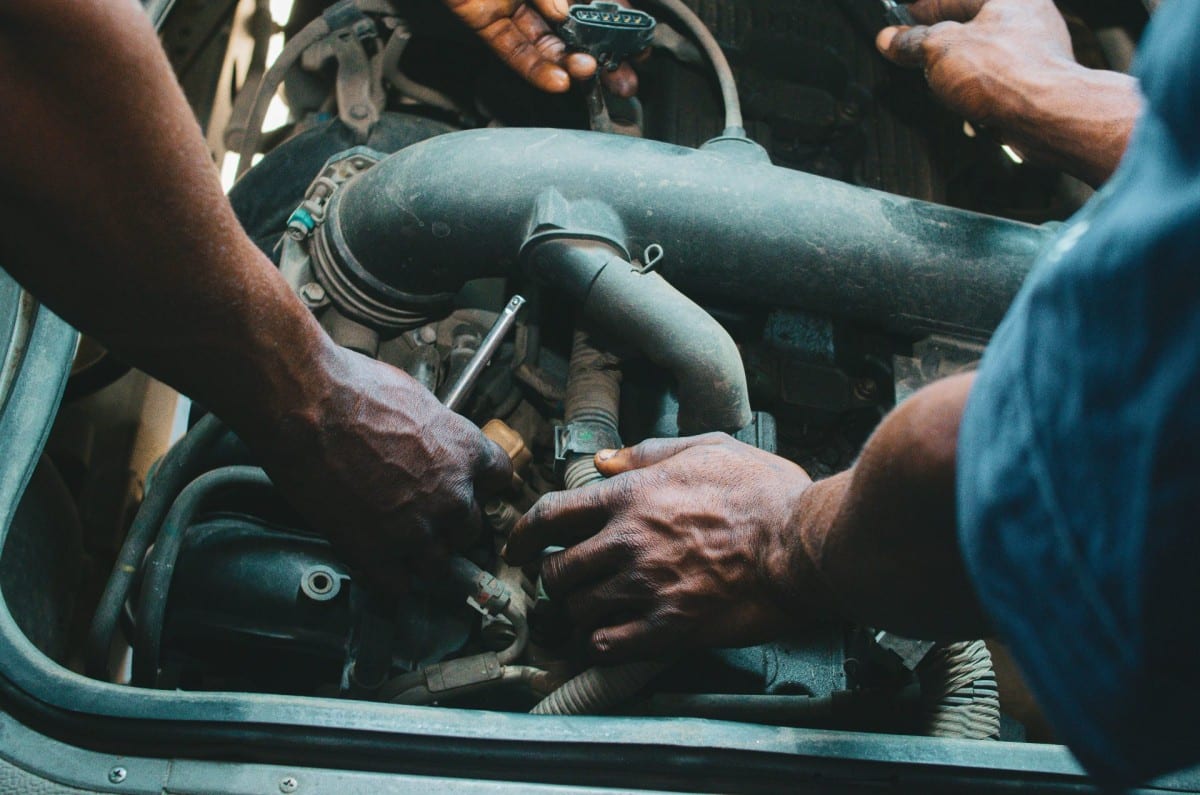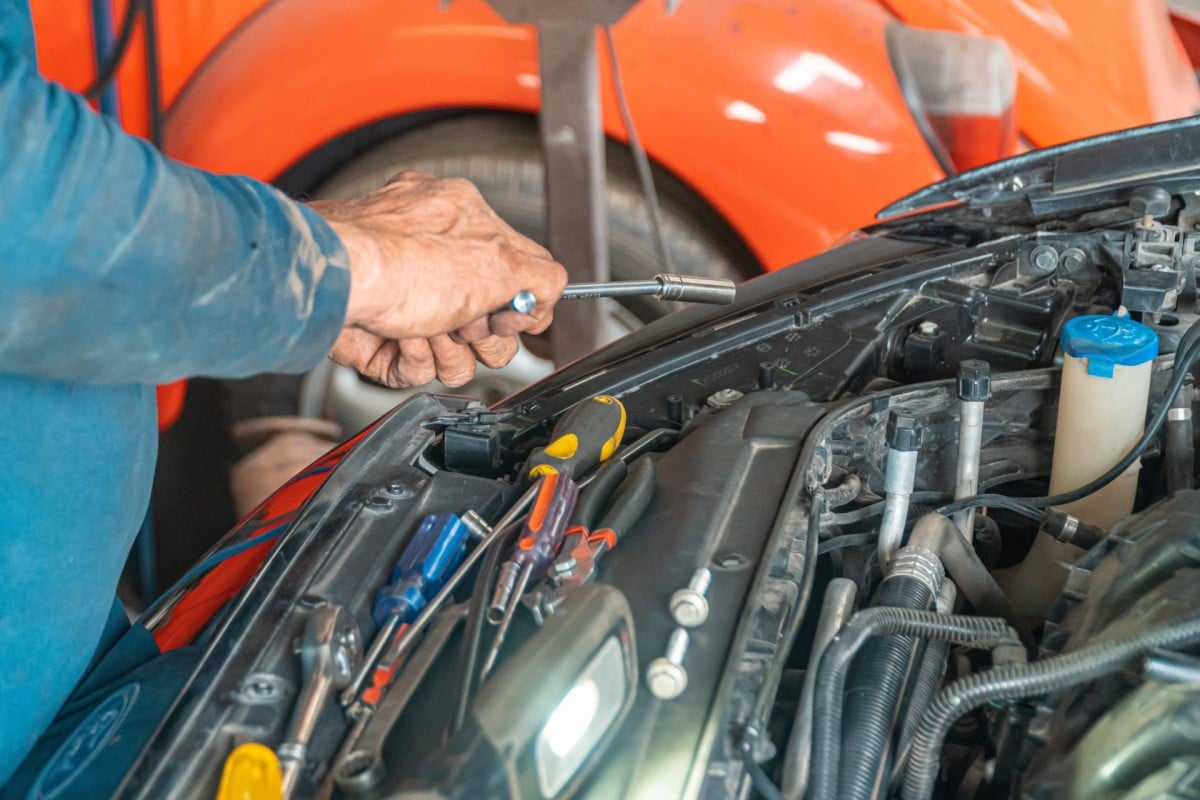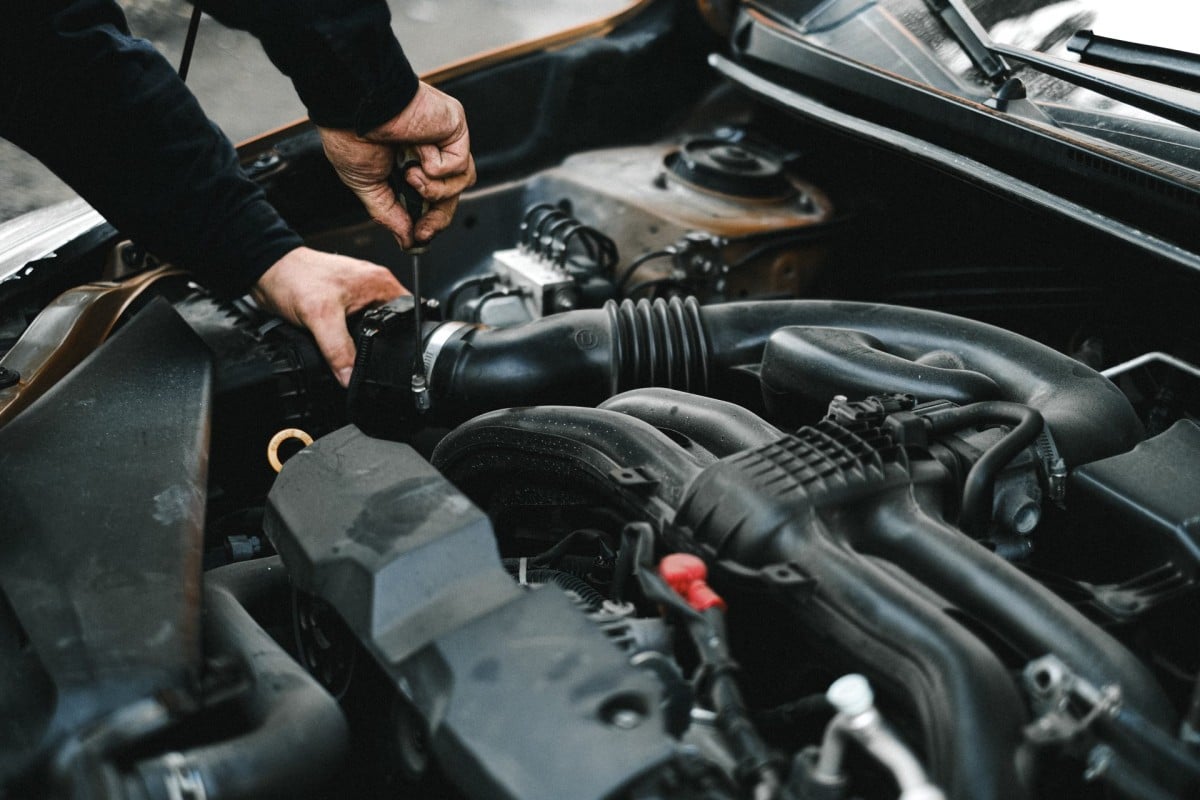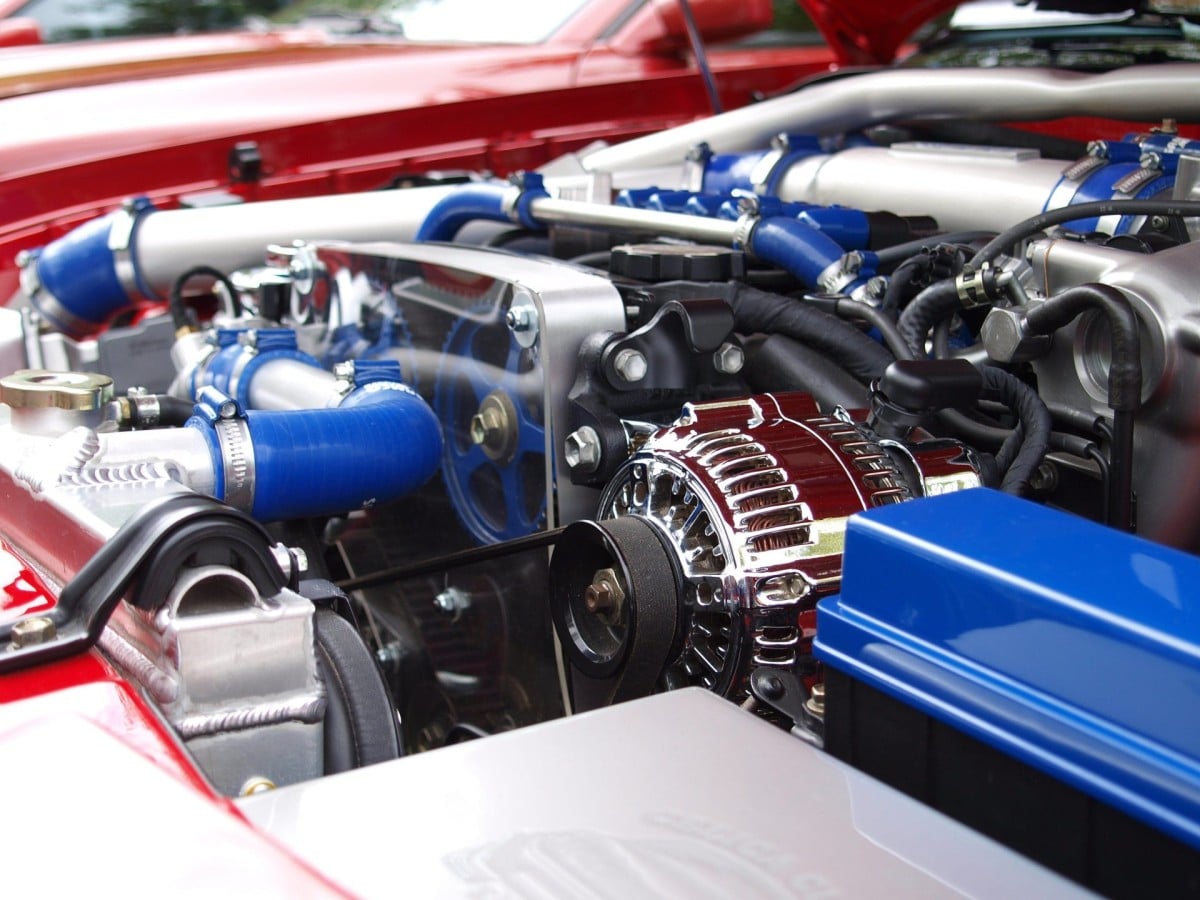You check your car's oil, fill the gas tank, and even get regular tune-ups, but there's one thing that's so often overlooked: tire pressure. It might not be the most glamorous aspect of car maintenance, but it's one of the most important. Tire pressure has a huge impact on the performance and safety of your vehicle, and understanding its role can help you avoid unnecessary auto repair services down the line.
Why Does Tire Pressure Matter?
Did you know that your tire pressure can affect your fuel efficiency? It's true. When your tires are underinflated, they create more resistance on the road. This means your engine has to work harder to keep your vehicle moving, which can result in higher fuel consumption.
Under-inflation can also lead to uneven tire wear and potentially even a blowout – a scary situation no driver wants to face. Over-inflated tires, on the other hand, can cause a harsh ride, increased tire wear in the center tread, and a higher risk of damage from road hazards.
How to Check Your Tire Pressure
Checking your tire pressure is a simple task, and it's one that can save you from more serious car troubles in the future. Here's how you do it:
- Wait for your tires to cool down. Tire pressure can increase as the tires heat up, so it's best to check pressure when they're cool.
- Remove the valve cap from your tire.
- Press a tire pressure gauge onto the valve stem. The gauge will give you a reading of your tire's pressure in pounds per square inch (PSI).
- Compare this reading to the recommended PSI found in your vehicle's owner manual or on the driver's side door jamb.
- If your tire's pressure is lower or higher than recommended, adjust it accordingly using an air compressor or releasing some air.
- Replace the valve cap.
It's recommended to check your tire pressure at least once a month and before long trips.
The Role of Professional Tire Pressure Services
While maintaining your tire pressure can be done at home, there's value in professional tire pressure services. Professionals have access to high-quality tools and equipment, ensuring precise measurements and adjustments. They’re also able to spot and address other potential issues, such as tire damage or wear, that you might not notice.
Beyond Tire Pressure
Tire pressure is just one aspect of tire maintenance. It's equally important to have your tires rotated regularly to ensure even wear, and to replace your tires when they're worn or damaged.
If you're not sure about the state of your tires, it might be time to schedule an appointment with a trusted auto repair shop. They’ll be able to check your tire pressure, assess the condition of your tires, and recommend any necessary maintenance or replacements.
Having properly inflated, well-maintained tires can make all the difference in your vehicle's performance and your safety on the road. So, why wait? Book a tire pressure check now and put your mind at ease. Drive with the confidence that comes from knowing your vehicle is in optimal condition. After all, your safety and the longevity of your vehicle are worth it.


